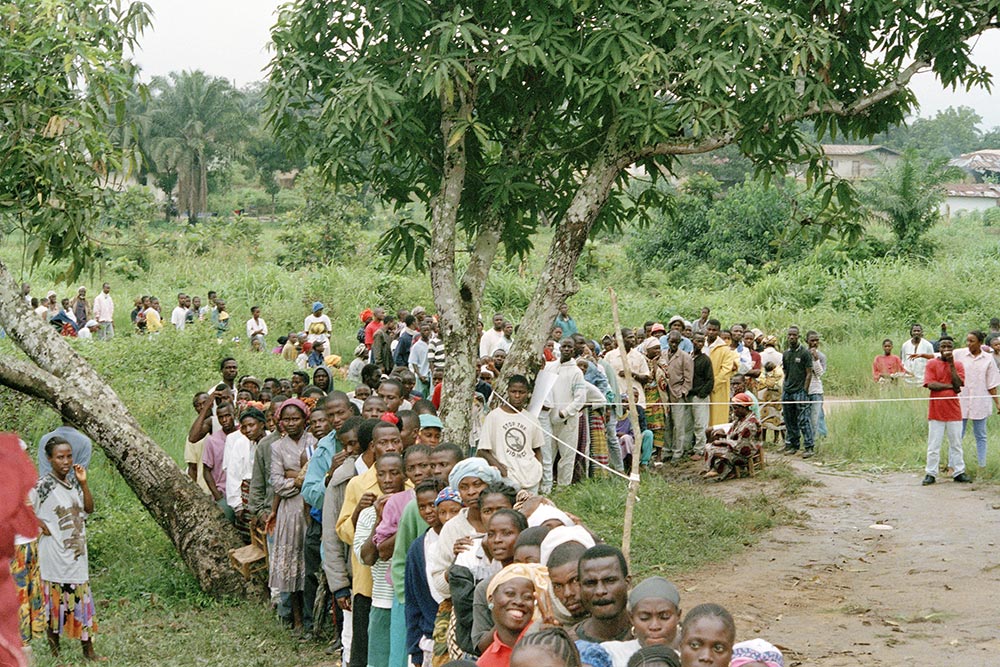
ACCORD builds local Liberian peacebuilding expertise on justice and security
ACCORD’s Peacebuilding Unit, through its African Peacebuilding Coordination Programme (APCP), has conducted a national training in Monrovia, Liberia, to strengthen local peacebuilding capacity as the United Nations Mission in Liberia
